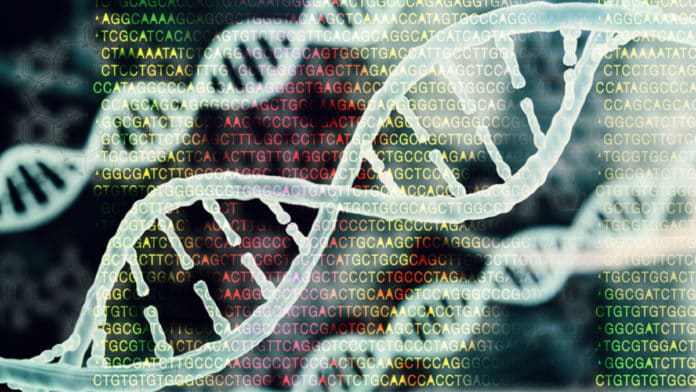Bioinformatics Research Scientist – St. Jude Children’s Research Hospital
Bioinformatics Research Scientist jobs. St. Jude Children’s Research Hospital announces job opening 2020. Job opening for candidates with a PhD degree in bioinformatics degree. St. Jude Children’s Research Hospital. Check out all the details on the same below:
Job Title: Bioinformatics Research Scientist- Epigenetics Group
Location: US-TN-Memphis
Minimum Education for Bioinformatics Research Scientist
- PhD in Molecular Biology, Biochemistry, Bioinformatics or related field required
Minimum Experience
Bioinformatics Research Scientist
PhD which must include research related to bioinformatics (such as analysis of sequence data, microarrays, SNPs, image data, proteomics data, or biological pathways; development of algorithms, statistical methods, or scientific software); OR If PhD with no bioinformatics research, then two (2) years of pre-or postdoctoral experience in Computational Biology or Bioinformatics research is required
Experience with programming languages such as Perl, C, or Java required
Job Description:
- St. Jude Children’s Research Hospital is seeking a Bioinformatics Research Scientist in Epigenetics Group in the Center for Applied Bioinformatics (CAB). CAB is a newly established center to provide centralized genomic and bioinformatic analytic services and collaborations for investigators (PIs) at St. Jude Children’s Research Hospital. You will have the opportunity to work on diverse projects together with different PIs and contribute to pediatric cancer patient curation and survival, explore new methods, develop pipelines, in addition to the routine analysis tasks. We encourage you to be a first author on high profile publication with opportunities to cross-train and collaborate with the Transcriptomics and Genetics Groups in the CAB.
- Good candidates will have experience building, optimizing analysis pipelines using available software or installing pipelines for high-throughput next-generation sequence data analysis (such as ChIP-Seq, ATAC-Seq, RNA-Seq, Hi-C/HI-CHIP/CaptureC) under Linux/Unix environment. The successful candidate is expected to have good programming skills in Bash, Python and R, have an understanding of basic epigenetics gene regulation mechanisms (e.g. Histone Modification, Chromatin Accessibility, DNA Methylation, 3D Genome). Experience with deep learning or C++ or CWL is a plus.



